Online POS, offline POS, cloud-based POS, web POS, mobile POS, tablet POS, desktop POS, ePOS, iPad POS, Android POS, on-premise POS, multichannel POS, omnichannel POS. Do we miss any of the terms you’ve ever heard of when talking about different types of POS systems? These terms may confuse you especially if you are new to POS.
Let us help you clarify the differences between them. We’re about to discuss how POS systems are categorized, various POS types, and what to consider when choosing a good fit for your business.
About a POS system
What is a POS system?
Before learning different POS types, we first should look at the definition and features of a POS system to have a common understanding for further discussion.
A point of sale system is a solution that comprises both software and hardware to centralize and manage all the business operations of a retail store. POS systems can help merchants manage all purchases, sales activities, keep track of inventories, employees, and marketing campaigns.
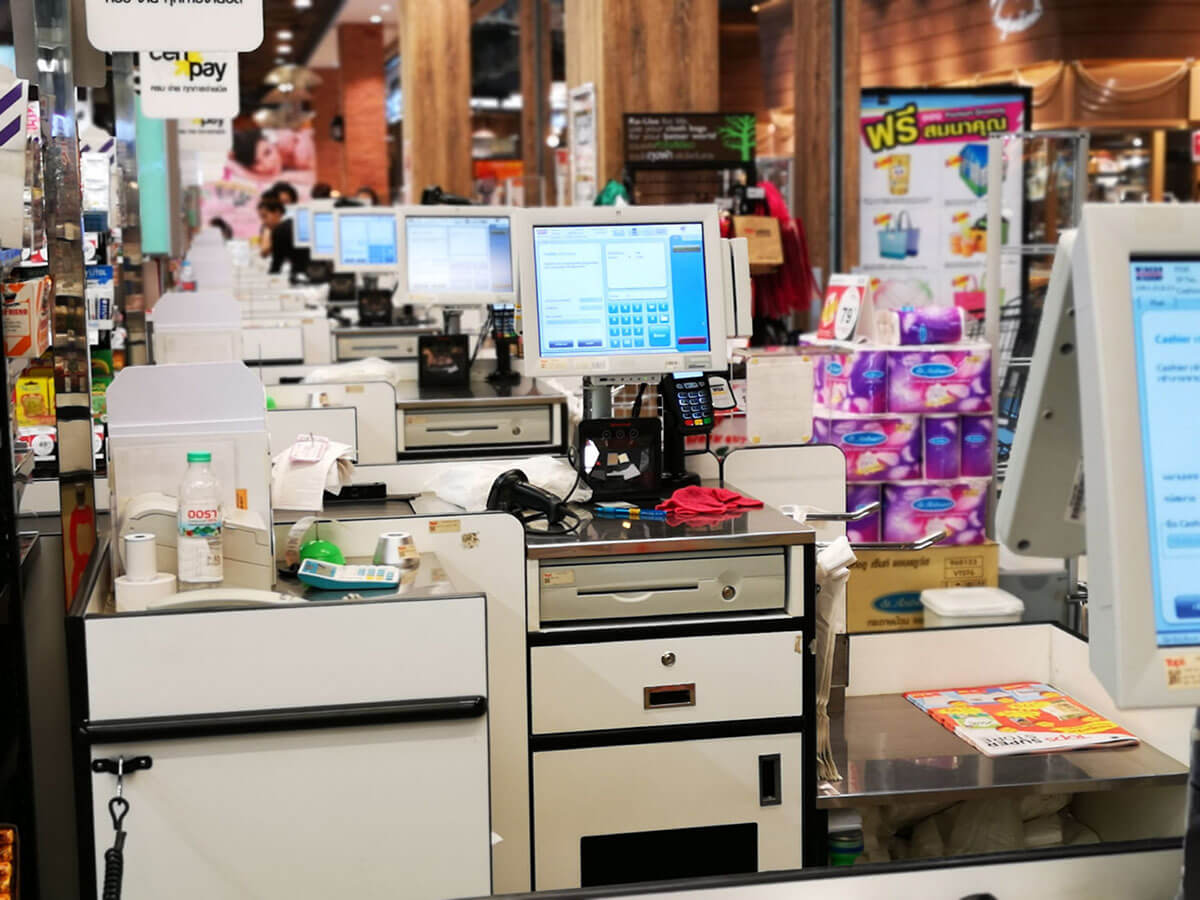
POS software
POS systems are more and more advanced and have brought significant development in sales methods and processes. The most popular and outstanding features of POS software include:
- Inventory management
- Sales management
- Order management
- Employee management
- Customer loyalty programs
- Marketing campaign
- Reporting & analytics
Thanks to these prominent features, retailers can reduce many tiring manual tasks, oversee daily operations smoothly and consistently, and deal with POS data efficiently.

POS hardware
If POS software is considered the engine, POS hardware is the vehicle to host and run that engine. When designing software, technology companies allow specific components to work with it. Some hardware components can integrate with POS software as below:
- Barcode scanners
- Cash drawers/registers
- Receipt printers
- Label printers
- Touchscreen terminal
- Customer-facing display
- Credit card reader
- Scale for weighing items
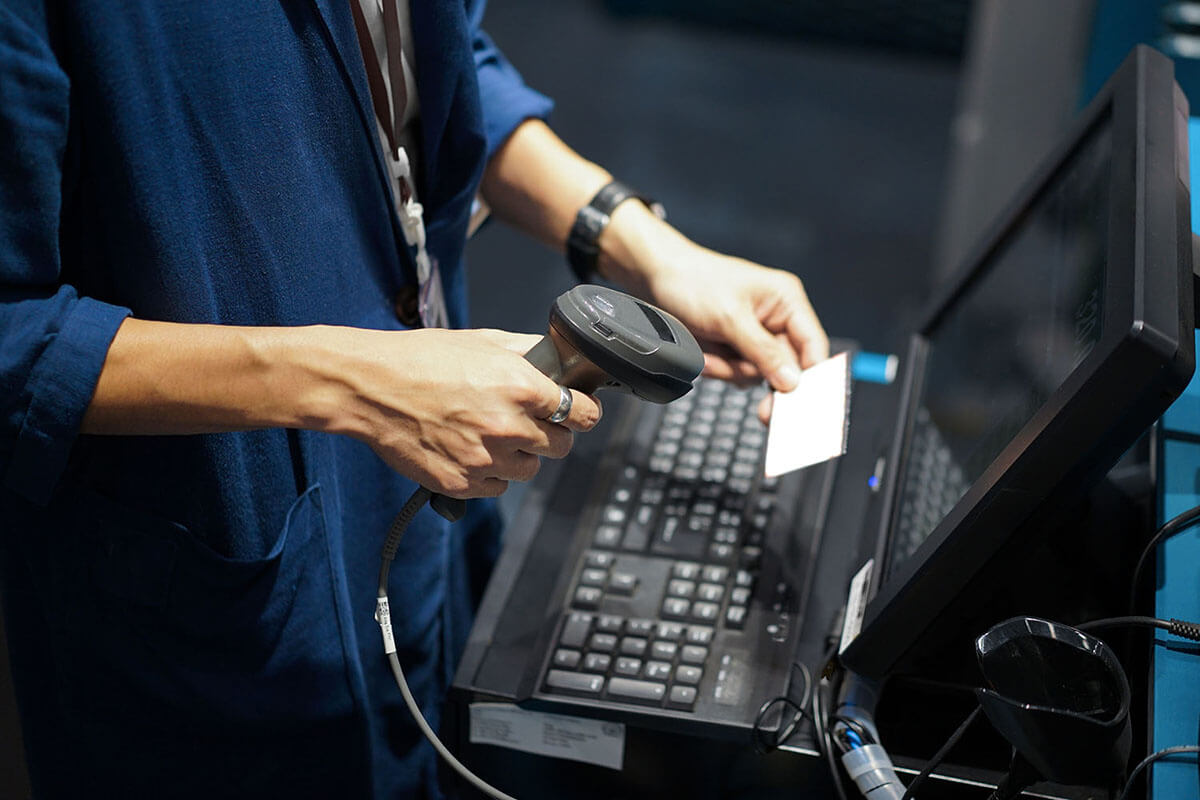
Types of POS systems
POS systems can be categorized by:
- the technology used to develop these systems or,
- the industry which requires some particular software features.
We’ll explore different types of POS with these 2 approaches in the following sections.
Technology-based categorization
On-premise POS systems
An on-premise POS can also be called a traditional POS, a legacy POS, or an on-site POS. This type of POS system includes the hardware and software together.
As everything is on-site, the POS software is installed and kept on a server located in your physical locations. The POS terminal that you interact with looks like a desktop computer or a touchscreen monitor. And here, the term desktop POS also indicates this POS type.
Based on your business needs, you can set up one terminal or multiple terminals. While there are thousands of businesses using on-site POS system, there are some issues with it:
Limit to access: You must be in your business place to access the system, view reports, manage the back office, or check out for your customers.
High upfront fee: If you want to set up multiple terminals, it will cost you thousands of dollars.
Lack of support: Most on-premise system providers don’t have software updates or an included customer support. If there are any problems with the system, you need to contact your provider for support service. And that will cost you an extra amount.

Cloud-based POS systems
Another name to call this POS type is the web POS system. Cloud-based POS systems inherit the power and features of an on-premise POS but take advantage of the internet and cloud-based storage. That brings you the ease of use, reliability, and benefits of modern software technologies.
The key difference between an on-premise and a cloud-based POS system is how the POS software is delivered to you. Unlike an on-premise POS, a cloud-based POS is installed in the remote data centers of POS providers. That helps you eliminate a lot of technical work to maintain the system so that you can focus on your primary purpose — to run your business. Here are some notable advantages of a web POS system:
Access from anywhere: Because the software is hosted in the cloud, you can access it by logging into any internet-connected device.
Automatic and regular updates: It allows your POS providers to update your software from their remote locations without traveling to your places. Besides, if you encounter any issues with the system, you can expect your provider to fix them quickly.
Affordability: You don’t have to pay a huge amount upfront. Most companies offer cloud-based systems with a subscription fee and sometimes one-time payment.
More interestingly, you can run a cloud-based POS without an internet connection. There’re web POS systems with an offline mode that allow retailers to use the POS even with no Internet connection. You can bring your POS to the trade shows, run popup stores, or utilize your spare space in your location to make checkout counters. When you’re back online, the data will be synced and automatically updated into cloud-based storage.
Potential customers: Businesses with broad product catalogs such as grocery stores, homeware stores, convenience stores, liquor stores, hotels, restaurants can benefit a lot from this POS type.

Mobile POS systems
Mobile POS systems or mPOS for short is a subcategory of the cloud-based POS systems. They also operate in cloud-based software but are dedicated to run on mobile devices such as touchscreen tablets or smartphones. You can run this POS system on iPad, Android tablets, or smartphones. In these cases, the terms iPad POS, Android POS, or mobile POS (smartphone POS) may sound popular to you. The use and demand for mobile POS systems are increasing. Statista forecasts that the mobile POS transaction value can rise by nearly 30% annually.
mPOS share the same benefits as other cloud-based POS systems plus the following:
Mobility: mPOS systems provide greater mobility suitable for on-the-go businesses like street food, fair and craft shows, farmer markets, limo service.
Low cost: Since the software for mPOS systems is often apps with a low monthly subscription fee, the setup cost is much cheaper than an on-premise or a cloud-based POS system.
Potential customers: This POS type is ideal for businesses that operate on the go and don’t have much inventory or employee management but require highly mobile staff.

Self-service kiosks
Self-service kiosks which enable the self-checkout process are becoming more and more popular in restaurants, cafes, movie theaters, etc. Compared to the previous types of POS systems, self-service kiosks require the participation of customers in operation. Customers are the ones who proceed with their checkout process without help from store staff. By that, retailers can reduce waiting time at checkout counters and bring a more delightful shopping experience to customers. Moreover, when customers check out by themselves, your staff will have more time for other activities like restocking items or consulting customers.
With the rapid development of both POS software and hardware, merchants now can customize and turn their current POS system into a self-service kiosk or a self-checkout system.
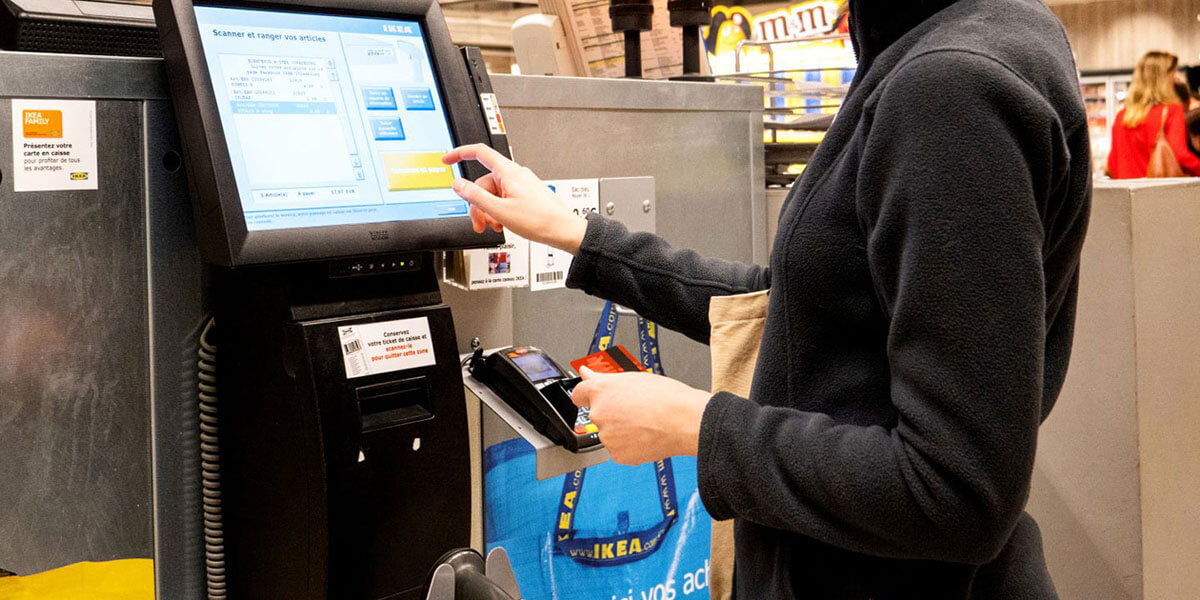
All-in-one POS systems
You can also call this POS type one-stop POS systems. This is made to operate synchronously to prevent system conflicts when one part of technology isn’t compatible properly with another.
Purchasing an all-in-one POS system means you’re purchasing a full package from one provider for what you need to run a point of sale system. That helps you save money, run things smoothly and make it much easier for future customer support.
Industry-based types of POS systems
Discussing POS types with the industry-based approach, the common concern is about different and specific features needed to run business seamlessly and effectively.
Important features of retail POS systems
- eCommerce integration
- Data centralization
- Management tools (inventory, sales, employees, customers)
- Customer loyalty programs (eg: store credits, reward points)
- Marketing activities (eg: gift cards)
- Customizable product types and SKUs
- Shipping methods
- Store pickup
- Reports & analytics
Important features of restaurant and F&B POS systems
- Online ordering
- Kitchen display
- Flexible payment processing
- Communication tools for back and front house
- Customer loyalty programs
- Marketing activities (eg: gift cards)
- Table layout features
- Management tools (kitchen, inventory with tracking for individual ingredients, staff, table reservations)
- Curbside pickup (there’s an increase for curbside pickup during COVID-19)
- Reports & analytics
Important features of service POS systems
- Scheduling (appointment bookings, employee scheduling)
- Appointment reminders
- Customer loyalty programs
- Marketing activities (eg: gift cards)
- Reports & analytics
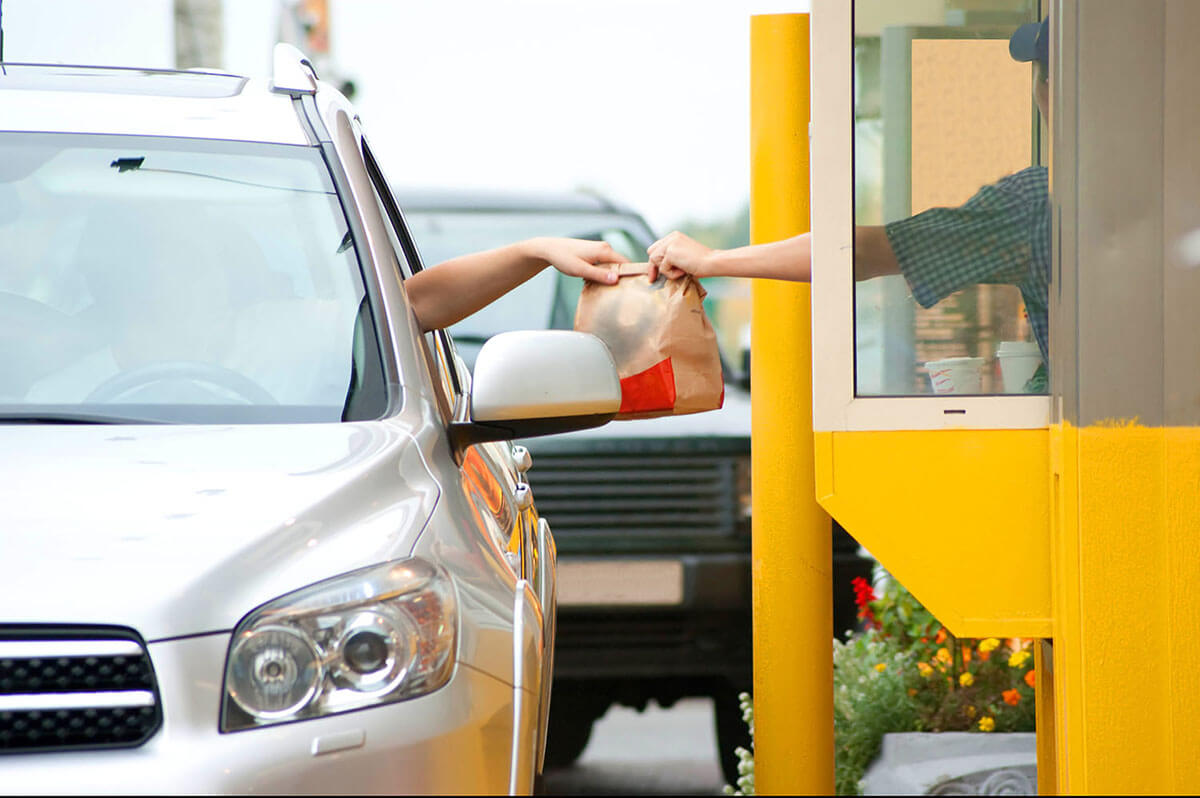
Other terms in different types of POS systems
When searching for POS types, you may encounter other names we haven’t mentioned in the previous parts. As they don’t belong to either technology-based or industry-based approaches, we’d discover them in this separate part. They are more about the need-based approach. But needs vary from business to business, so we’ll only summarize the most notable ones.
Open source POS systems
This POS type allows you to modify and customize the POS software to your needs. An open source POS system can be cost-effective at first. But you will need to maintain and update the system over time. Therefore, open source POS systems are appropriate for large businesses and/or small-scale tech-savvy businesses which want to have more space for their customization.
Omnichannel POS systems
As its name suggests, an omnichannel POS system allows you to operate your business across platforms, either online or offline. Your data will be synced and updated in real-time to ensure consistency and to create a seamless experience for your customers.
Similar to an omnichannel POS system, a multichannel POS system can also run both online and offline. But the major difference between them is the connection of data across online and offline channels. We can expect coherent data synchronization in an omnichannel POS, but not in a multichannel one.
Most important questions before choosing a suitable POS type
Now you’ve known and distinguished different types of POS systems. Can you answer what POS type is suitable for your business?
There’s no need to rush. Let us help you wrap up with some self-reflection questions before deciding.
- Which eCommerce platform do you use to sell online?
- What are the must-have and nice-to-have features you expect in your POS system?
- What is your business size? (the number of stores you have, the number of products/services you offer)
- How much are you willing to spend on your POS system? (setup fee, maintenance, and update fee)
- What data do you need to track and analyze?
- Do you need mobility?
- Do you want your customers to join in the checkout process?
You may give yourself a few minutes to reflect on what you’ve been through with us so far. If you still can’t come up with the final decision, don’t worry, as choosing the right POS type does take time. You can come back to this topic later.
In the meantime, you can keep reading some related articles for further information:
In conclusion
There are no best types of POS systems but a best-fit POS type for your business needs. We hope this article helped you gain several insights into the POS industry. It’s now time for you to sit back, consider the relevant factors, and make your own choice. Or you can discuss with our experts for further understanding to back your decision.

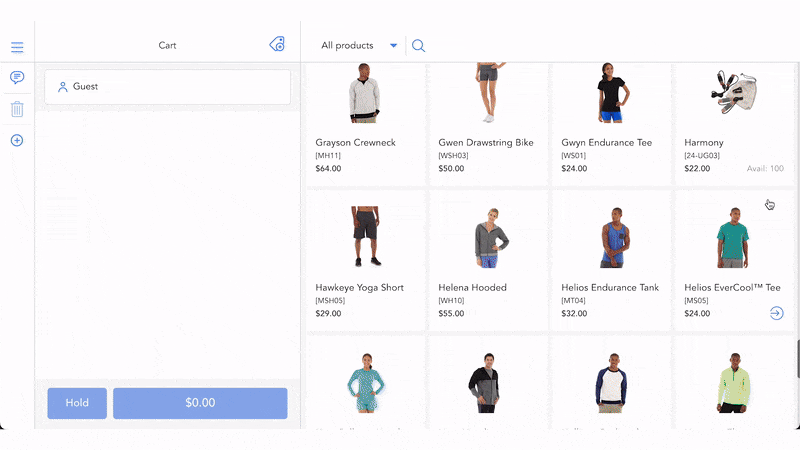




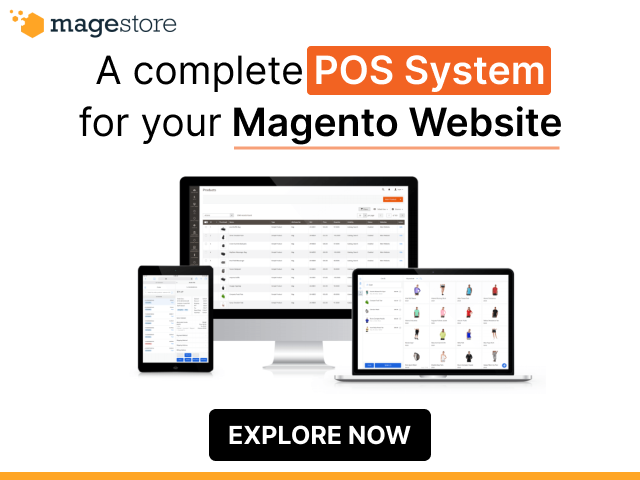







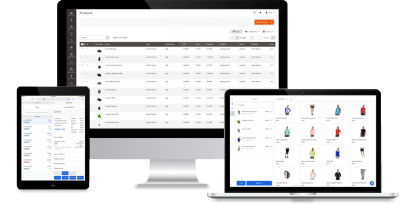

I appreciate your work in providing us such useful information. This is a very innovative and informative also useful Article. Very good article on the latest trending topics. This is one of the most incredible blogs I’ve read in a very long time.
Thanks for discussing the types of POS systems and how you can consider for one through looking at the essential add-on features you need, the size of your business, and choosing effective data that need to track and analyze. I could imagine the inefficiency of having a system that is not tailored to your needs. Thant’s why we should choose services that can advise us in the property technological decisions.